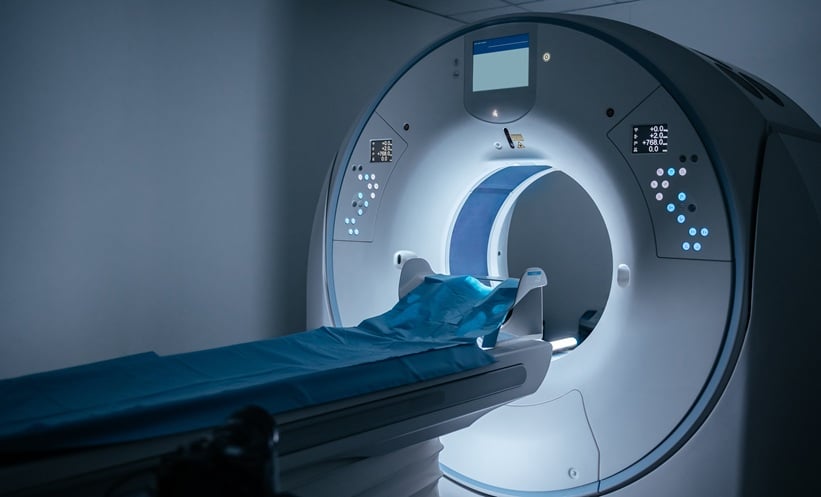CT COLONOGRAPHY (CTC) performed once every five years is as effective as biennial FIT in detecting colorectal cancer over the long term, new trial data suggest.
CT Colonography Screening Offers Durable Cancer Protection
CT colonography performed once every 5 years may be a clinically appropriate alternative to the current biennial faecal immunochemical test (FIT) screening for colorectal cancer (CRC), according to a secondary analysis of the SAVE randomised controlled trial. Researchers assessed long-term outcomes in over 14,000 adults aged 54–65 years, comparing a single CTC exam to three rounds of biennial FIT. The findings suggest that CTC is not only effective over a longer interval, but also potentially detects serious disease earlier than FIT.
Landmark Trial Compares Screening Intervals and Outcomes
Between 2012 and 2018, 14,981 participants were randomised to receive either a one-off CTC or biennial FIT over a 6 year period. After the trial, all participants under 70 were invited to continue FIT screening. Over an average follow-up of 8.4 years, researchers tracked the incidence of colorectal cancer and advanced adenoma (AdA). In total, 1286 individuals underwent CTC, while 6027 completed at least one FIT. Data were analysed using Cox regression models, adjusting for age, sex, and socioeconomic status.
CT Colonography Linked to Earlier Detection of Advanced Lesions
While there was no significant difference in overall CRC incidence between arms (adjusted hazard ratio [aHR] 0.73; 95% CI: 0.36–1.47), all cases of stage IV CRC (n=7) occurred in the FIT group. Notably, only one interval cancer was observed within 5 years of CTC screening, with none beyond that period. Additionally, the CTC group demonstrated a consistently higher detection rate of advanced adenomas (aHR 1.46; 95% CI: 1.11–1.92; p=0.007), indicating potential for earlier intervention in high-risk patients.
These results affirm the appropriateness of a 5-year CTC screening interval and suggest CTC may offer earlier detection of high-risk lesions compared with FIT, supporting its role in population-based CRC screening strategies.
Reference
Puliti D et al. Colorectal Cancer and Advanced Adenoma after Single CT Colonography or Biennial FIT Screening in the SAVE Randomized Controlled Trial. Radiology. 2025;316(3):e250091.








